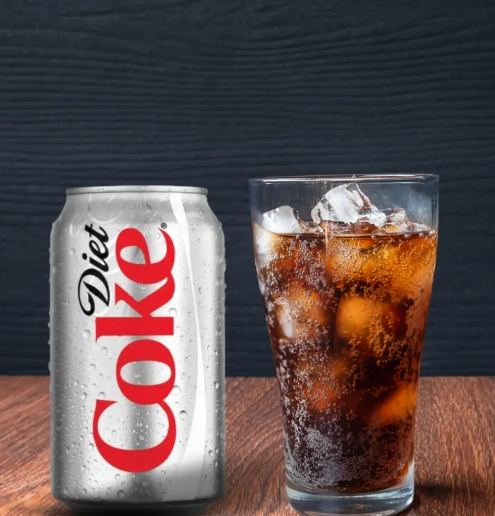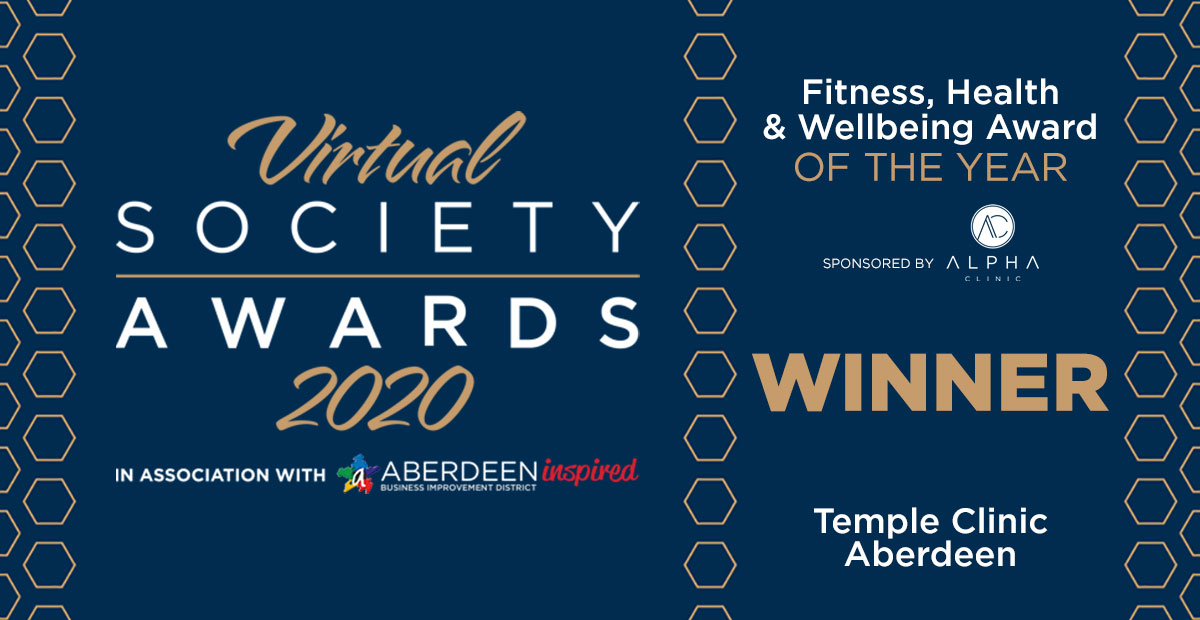Why Diet Drinks Might Be Making You Hungrier — Not Slimmer
For years, diet drinks and sugar-free foods have been marketed as smart choices for people looking to lose weight or manage blood sugar. But a growing body of research is raising serious questions about whether these no- or low-calorie products are actually helping — or quietly doing the opposite.
In 2023, the World Health Organization (WHO) advised against using sugar substitutes for weight loss, citing evidence that they don't help with long-term weight control. Now, a new study may help explain why.
The Surprising Effect of Sucralose on the Brain
The research, published in Nature Metabolism, focused on sucralose, the artificial sweetener found in products like Splenda. Researchers at the University of Southern California asked 75 participants to drink either water, sugar-sweetened water, or sucralose-sweetened water across three separate visits. They then used brain scans, blood tests, and hunger ratings to measure what happened next.
What they found was striking: sucralose increased feelings of hunger by nearly 20% compared to sugar. Brain scans showed that it activated areas linked to hunger and decision-making, and blood tests revealed that sucralose did not trigger the usual hormones that tell the brain we’re full.
In short: your brain thinks you’ve eaten something sweet — but when the calories don’t arrive, it tells you to eat more.
Why This Matters
Many people turn to diet drinks and sugar-free products in an effort to reduce calories. But this new study shows that, at least in the case of sucralose, these sweeteners might disrupt the brain’s natural appetite control, especially in people who are already struggling with insulin resistance or weight.
Dr. Francesco Branca of the WHO put it simply: “Replacing sugar with non-sugar sweeteners does not help people control their weight long-term.”
Should You Avoid All Artificial Sweeteners?
Not necessarily — but it may be time to rethink your relationship with them.
Experts suggest that instead of swapping sugar for artificial sweeteners, it’s more effective to reduce your overall preference for sweetness. This process, sometimes called "taste bud rehab," involves gradually cutting back on both sugar and sweeteners so your body learns to enjoy foods in a more natural state.
It’s similar to how people eventually adapt to using less salt: over time, the foods they once loved taste overly salty, and their palate adjusts.
What You Can Do
Here are some simple ways to reduce your reliance on sweeteners — artificial or not:
- Don’t just ditch dessert — start by removing added sugars from everyday foods you don’t expect to be sweet, like salad dressings, sauces, or crackers.
- Watch your drinks — many teas, flavoured waters, and diet drinks contain artificial sweeteners that may be driving hunger without you realising it.
- Choose whole foods — fruit, vegetables, and whole grains provide natural sweetness along with fibre, which helps with satiety and blood sugar control.
- Be kind to your taste buds — give them time to adjust. The less sweet you eat, the less sweet you’ll crave.
The Bottom Line
Artificial sweeteners like sucralose might seem like a smart choice, but science is increasingly showing that they can confuse the brain, increase hunger, and make weight management harder — not easier.
If your goal is long-term health and sustainable weight control, the best approach isn’t to replace sugar with sweeteners. It’s to retrain your palate, reduce overall sweetness in your diet, and make room for real, nourishing food.











